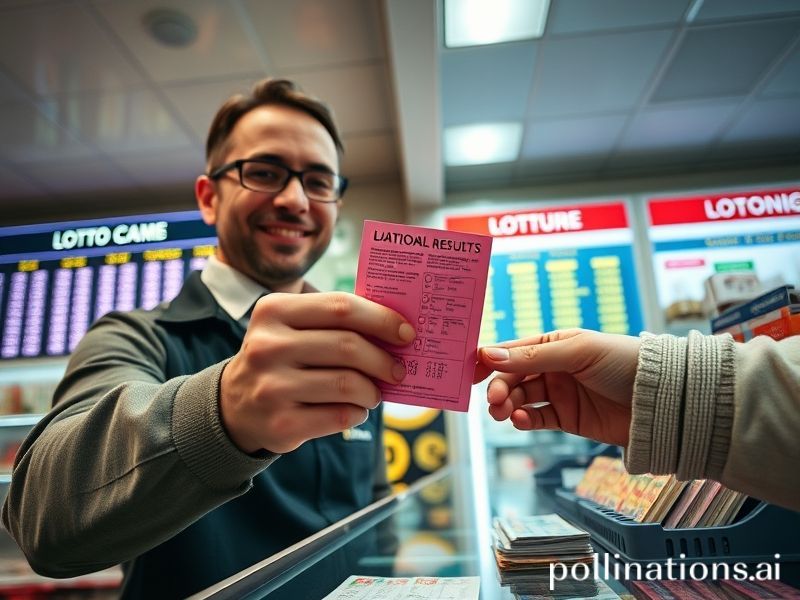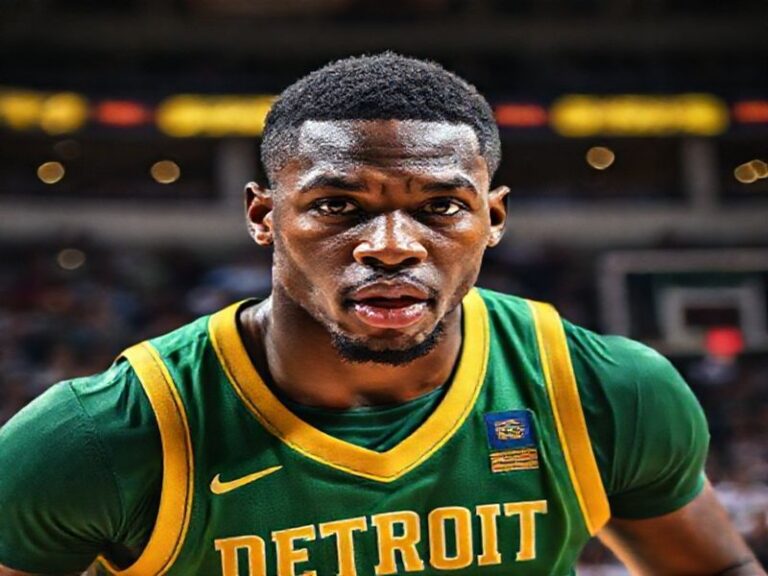Global Lottery Fever: How National Results Connect a World United by Statistical Delusion
**The Global Lottery: Where Hope Meets Mathematical Reality**
While millions of Brits anxiously refreshed their phones for Wednesday’s National Lottery results—another cascade of dreams crashing against the immutable wall of probability—the rest of the world was busy conducting its own elaborate rituals of optimistic delusion. From Manila’s congested lotto outlets to São Paulo’s jogo do bicho street vendors, humanity’s collective faith in statistical miracles remains one of our most universally shared characteristics, right alongside breathing and complaining about the weather.
The UK National Lottery’s latest £184 million jackpot may seem impressive until you consider that Spain’s Christmas El Gordo—the world’s richest lottery—dished out €2.59 billion this December, transforming entire Spanish villages into temporary enclaves of champagne-soaked celebration. Meanwhile, Italy’s SuperEnalotto has been building a jackpot that’s currently hovering around €370 million, proving that European austerity apparently doesn’t apply to fantasies of overnight wealth.
But here’s where the international perspective becomes particularly delicious: while British players lament their 1 in 45 million odds, they’re practically swimming in favorable probability compared to Italy’s 1 in 622 million SuperEnalotto chances. It’s like choosing between being struck by lightning while being attacked by a shark, or being struck by lightning while being attacked by a shark that’s also winning the lottery.
The global lottery industrial complex has become a fascinating study in national character. Americans, true to form, everything bigger—including their disappointments. The Powerball and Mega Millions regularly crest over $1 billion, creating the delicious irony of people who won’t buy health insurance happily dropping $20 on what amounts to a voluntary tax on mathematical ignorance. The Japanese, ever orderly, have created a society where lottery tickets are purchased with the same solemn ritual as tea ceremonies, while China’s state-run lotteries serve the dual purpose of separating citizens from their money while reminding them that the house always wins—especially when the house is the Communist Party.
Developing nations have embraced lotteries with particular enthusiasm, perhaps because when your daily reality involves actual statistical improbabilities like clean water and functioning infrastructure, the 1 in 292 million Powerball odds seem refreshingly honest. In Kenya, sport betting has become so pervasive that the government had to impose restrictions—not because of moral concerns, but because the economy was losing too many productive hours to people studying Premier League statistics.
The digital revolution has transformed this global fantasy factory into a 24/7 international buffet of disappointment. You can now lose money on foreign lotteries from the comfort of your sofa, thanks to websites that happily take your dollars, euros, pounds, or increasingly, your cryptocurrency. Bitcoin millionaires gambling on traditional lotteries represents a perfect circle of speculative absurdity—it’s like using one form of imaginary money to try winning another form of imaginary money, with the house taking real money at every step.
Perhaps the most beautifully ironic aspect of our global lottery obsession is how it transcends every cultural, religious, and political boundary. In a world divided by everything from vaccine mandates to territorial disputes, we can all agree that spending our hard-earned money on statistically impossible dreams is a splendid use of resources. It’s democracy in its purest form—everyone’s money is equally welcome, and everyone’s chances are equally nonexistent.
As tonight’s National Lottery numbers tumble from their machine and another wave of hope crashes into reality’s rocky shore, remember: you’re not just buying a ticket, you’re purchasing a brief vacation from rational thinking. In these troubled times, perhaps that’s worth £2—though statistically speaking, you’d be better off buying a coffee and enjoying a moment of caffeinated clarity about your actual chances.
The numbers will be drawn, dreams will be dashed, and tomorrow we’ll all line up again, because hope, unlike money, is infinitely renewable.







